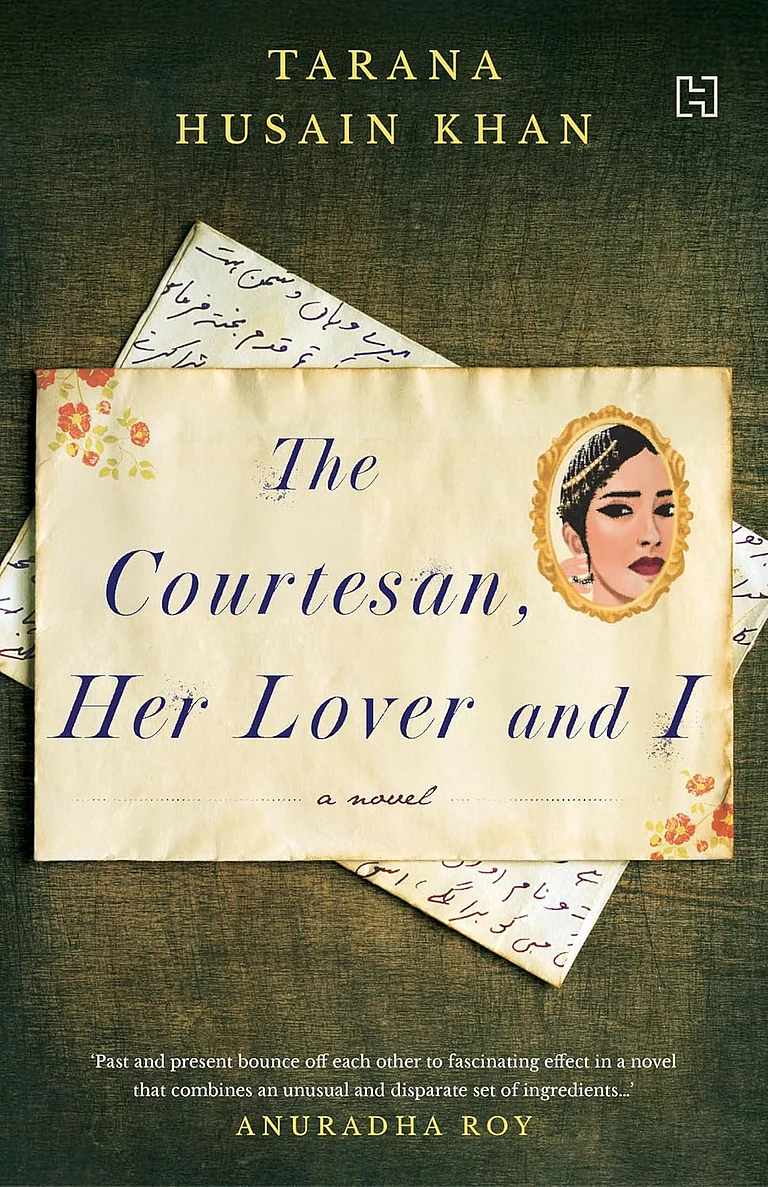Violeta
By Isabel Allende
Bloomsbury India,
pp. 336, Rs 599
Set against Latin America ‘where there is always a war somewhere' and where futile utopias of left and right enter into murderous mayhem, comparing Violeta spanning over 100 years with Gabriel García Márquez's One Hundred Years of Solitude is inevitable. Not in terms of style or expression but in the way two centenarian grandmothers – Ursula and Violeta – wizened but show unwavering strength in the face of adversity.
Written in the form of letters to her grandson Camillo, Violeta recounts, “There is a time to live and a time to die, in between there is time to remember.” And there was so much to remember between the two pandemics. This included how, when family fortunes built upon deceit forces dried up, the Del Valle Clan were exiled to the countryside and discovered life anew; and how the city wants to pierce the autochthonous armour of natives. Above all, it chronicled how the Cold War unfolded itself in the unfortunate country where competing visions of socialism and democracy only worsened the predicament of people, where earthquakes left everyone devastated, and where the church could be an extension of political convenience of the day.
Allende makes Violeta pit love against cataclysmic forces of dislocation and destruction. In Allende’s scheme of things, love is never monochromatic or strait-jacket and is not laced with insistent vows of faithfulness. Love is like grass that could sprout anywhere. So Violeta entered into many relationships that are not necessarily moral or institutional. Her marriage with Fabian – a German veterinarian who found “bovine reproduction more interesting than sexual encounters” would come a cropper, when she found Julian Bravo – a fighter pilot, dare-devil, a serial womaniser, and shady character on the payroll of the CIA and myriad mafias – irresistible. She would have two children with him, but they would never marry. The son Juan Martin after his brief dalliance with idealism and revolution would flee the country with jackboots of suppression hot on his heels. The daughter Nieves would turn as wild as her father, taking to drugs and prostitution in the USA, and seeking for redemption only when it is too late. Then Roy Cooper – an American, a ‘problem-solver’ existing on the margins of morality and civility, but reliable and faithful – would show up. In her twilight years, Harald Fiske would come along; the Norwegian diplomat who followed the Nordic concept of Janteloven – don’t think you are so special. Apart from Violeta, her brother Jose Antonio craves the love of Josephine Taylor – Violeta’s Irish governess, who is in a lesbian relationship with a feminist. This is an unrequited love story that found a measure of fulfilment after being stripped of its carnal association.
This centrality of love amidst the banality of calamity is the leitmotif of Allende’s writings. Remember A Long Petal of the Sea? At one level, it is a survival tool against the brutality of existence where fitful, capricious and violent revolutions and wars only aggravate a lot of people. At a more fundamental level, it speaks of obstinacy, of the human capacity for renewal and rejuvenation, when there is nothing or little to cling to. Love acquires broader hues when Violeta through her foundation becomes part of a group of rural women who are concerned with the mundane, but essential aspects of survival, livelihood and life. Maybe war is the perilous preoccupation of men. She says, “The rural women taught me that courage is contagious and that there is strength in numbers. What you can’t do on your own can be achieved together; the more, the better.” This solidarity of sorority reminds one of Ursula from One Hundred Years of Solitude who rallied the women of Macondo to oppose her own son, Colonel Aureliano Buendia who killed the Mayor of Macondo.
All said, the book feels a bit underwhelming. There are too many characters doing too many things and the nature of not all things are fully fleshed out. But it records a moment of epiphany. When Violeta insists on having a phone installed at their rural retreat, Aunt Pilar says revealingly, “If the apparatus could not communicate with the dead, it was of no damn use to her.”


























